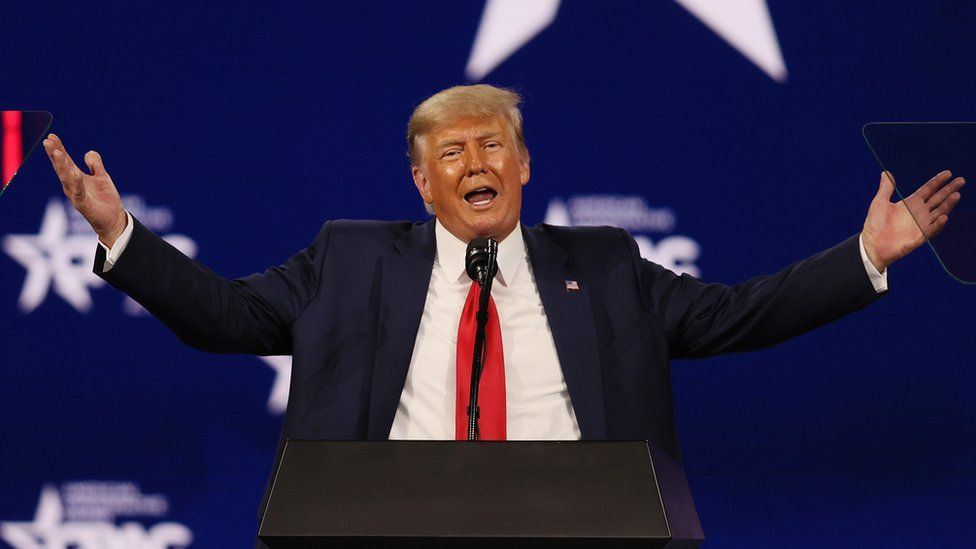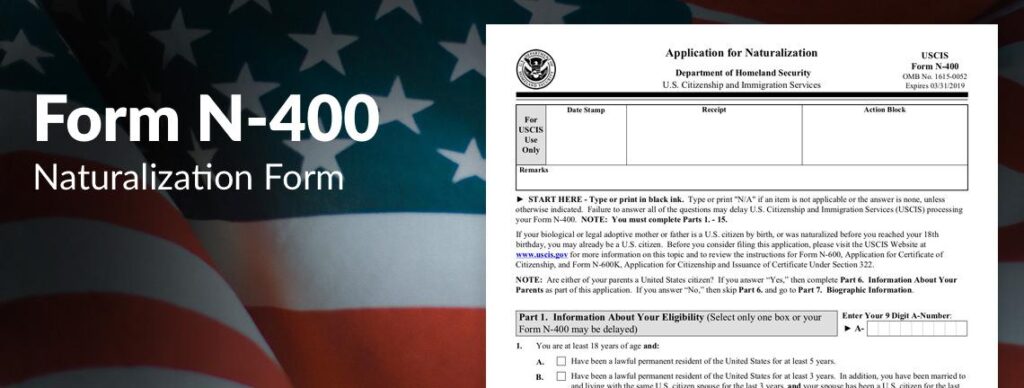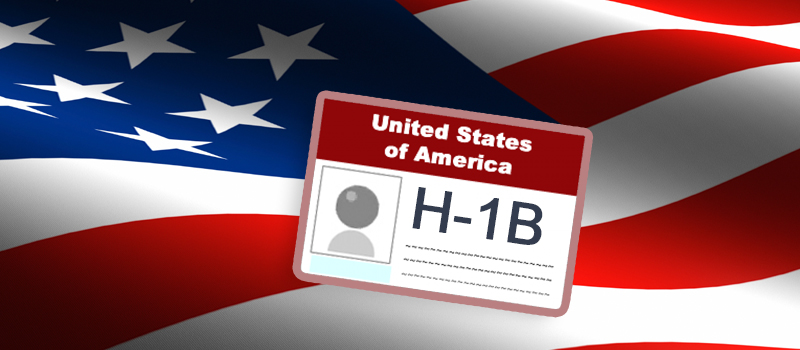
The approximately 500-page proposed rule on government benefits and financial sponsorship (also called being a public charge) is open for public comment and will be revised after the comment period before taking effect.
The consequences of receiving public benefits other than welfare or other cash benefits will not be retroactive (not cover the past). Receipt of benefits other than cash assistance will have a public charge consequence only if received after the sixty-day period following publication of the final rules. The current draft does not include HUSKY (also called CHIP) or AccessHealth CT/Obamacare plans. Also, under the proposed rules, an applicant will not be directly penalized if his U.S. citizen children receive public benefits.
The new approach, if it comes into effect, will essentially require of adult green card applicants a pretty decent level of income, some ability to speak English, the ability and willingness to work, and the ability to pay ongoing medical expenses either through insurance or out of pocket. It may be brutal for older people, sick people, etc., but I hope that healthy people who work and where the only people in the family getting HUSKY or food stamps are U.S. citizen children will be OK. Unfortunately, the rules will be very complex. People will need a lawyer who understands the rules more than ever.
That said, there are some actions it would wise to consider now: declare your full, true income on your tax return. Do not hide cash income in order to pay lower taxes or qualify for free or cheaper HUSKY. If adults in the family can afford private insurance, consider getting it. If you can afford to avoid taking government benefits, don’t accept them them. Keep records of medical care that you pay cash for. Keep learning English. Push hospitals to give adults lower-priced packages or programs for surgeries, births, etc. Essentially all hospitals in Connecticut have endowments that give them money to assist people who earn less to pay for health care. Some hospitals are good about telling you about this, others charge high prices unless you specifically ask them for help. So ask!
None of these suggestions are absolute, immediate requirements, but all are likely to be helpful in surviving any changes that President Trump may succeed in making to the public charge rules.



